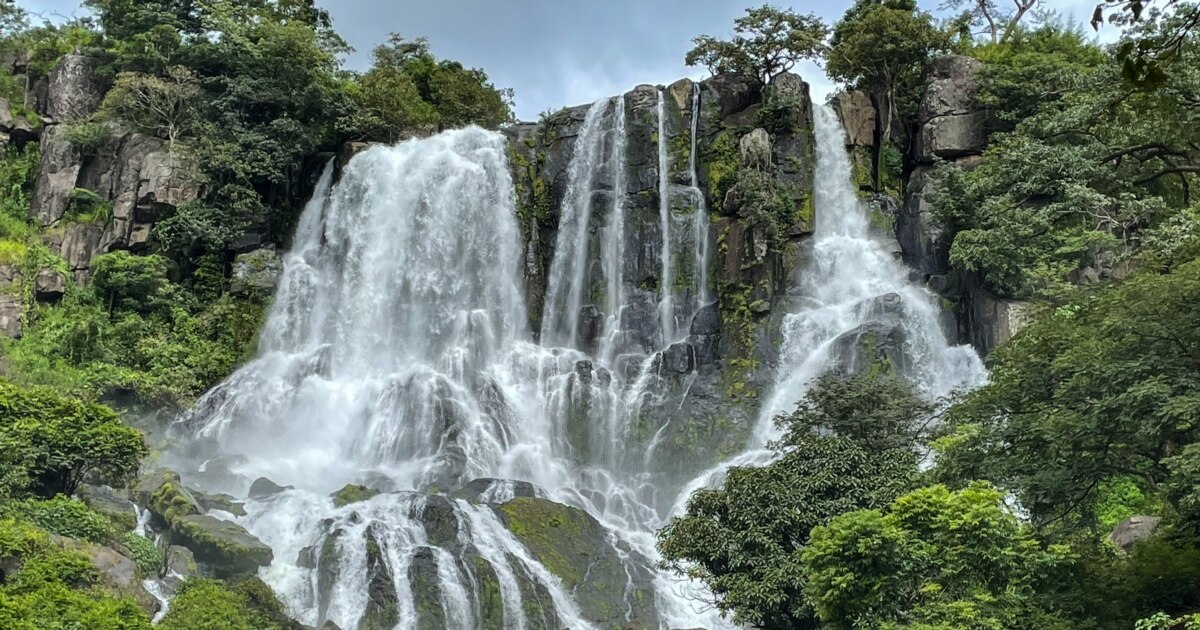
Residents of the Koliady neighborhood in Guinea’s city of Kindia are raising urgent concerns over the environmental and economic consequences of ongoing gravel and sand extraction in the area.
The quarry’s exploitation, which continues at a rapid pace, is leaving behind damaged farmland, ruined roads, polluted water, and worsening poverty.
“This lowland, inherited from our parents, no longer produces anything. Before, we grew rice twice a year.
Today, we first have to clear the gravel and sand before planting.
And despite all that, we don’t benefit from this quarry at all,” said Sékou Camara, a farmer who has worked the land for decades.
Locals say the extractive activity threatens the area’s agricultural lifeline. Fodé Moussa Camara, another resident, lamented: “Trucks destroy our roads and damage our homes. Agriculture is all we have.
If it disappears, what will become of us?“
The environmental degradation is being compounded by public health concerns.
During the rainy season, runoff from the quarry reportedly contaminates local water sources, making them unfit for consumption.
“During the rainy season, the water is polluted by runoff from the quarry. It becomes undrinkable. We have to buy sachets of water to avoid getting sick,” said Fatou Sylla, a long-time resident of Koliady.
Despite the quarry’s contribution to the local economy, residents argue they are being left behind in the wealth distribution. Aboubacar Bangoura, president of the neighborhood council, criticised the system as deeply unequal.
“We are given 10% of the revenue out of the 100% collected.
The state and the operators must take responsibility. We live in poverty while the quarry benefits the entire city,” he said.
Community members are now calling for urgent reforms, including greater transparency, equitable revenue sharing, and immediate steps to mitigate the environmental and health impacts of the quarry operations. Many say their voices must no longer be drowned out by the noise of industrial machinery.



